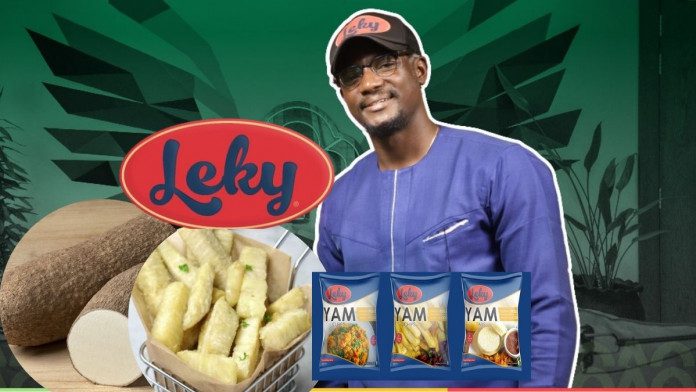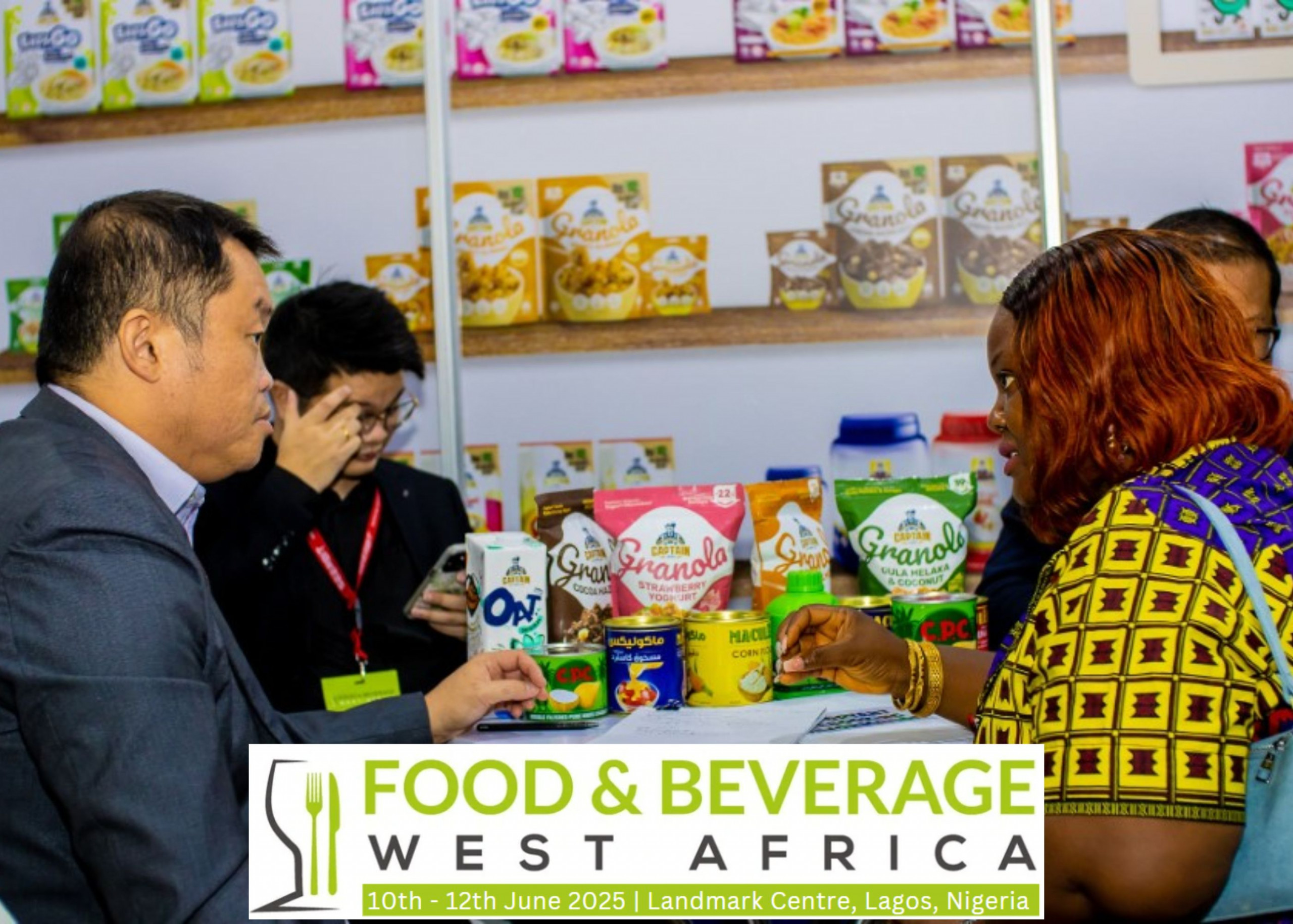Like everything that comes with progress and urbanisation in Nigeria, traditional eating habits are evolving. Fast-paced lifestyles have led to changes in meal preferences, with a rising demand for convenience, health, and innovation.
According to a report compiled by Jumia, an online marketplace and logistics service, as grocery retailing continues to expand, consumers seek comfort and convenience when shopping for food. It is also evident as more food delivery services are springing up in major cities around the country.
Today’s youth crave exciting, innovative food experiences. To keep pace with these evolving preferences, agribusinesses are embracing innovation across the entire food chain, from farm to fork. Let’s explore how these companies are transforming classic ingredients into trendy products that capture the hearts (and taste buds) of a younger generation.
Convenience of single-serve portions
Young adults lead fast-paced lives, often juggling work, studies, and social commitments. Time-pressed millennials and Gen Zs are drawn to convenient, ready-to-eat options. Agribusinesses are responding with:
- Single-Serve Portions: Smaller, portion-controlled packaging caters to busy lifestyles and portion-control desires.
- Meal Kits and Subscriptions: Pre-portioned ingredients and subscription services offering new recipes each week eliminate meal planning and grocery hassles.
- Snacking Revolution: Healthy, on-the-go snacks like protein bars made with superfoods or fruit and nut mixes provide a convenient energy boost.
When it comes to providing portion-controlled processed yam chips, Leky Mills, founded by its CEO Derinsola Adebayo, is at the forefront of this change. The company is transforming traditional yams into trendy, easy-to-eat products that appeal to the younger generation. This article explores how Leky Mills uses innovation to modernise yams and make them a more appealing staple for Nigeria’s youth.
Solving a Nigerian problem with Nigerian solutions
The idea for Leky Mills was born out of a simple observation; while potatoes have their iconic French fries, yams, a popular Nigerian staple, lacked a similarly convenient and appealing form. Derinsola, reflecting on his own love for yam dishes, envisioned a solution that would not only simplify the preparation of yams but also make them more accessible to busy urban dwellers.
“I really like yam, pounded yam especially,” Derinsola reminisced during our interview. “But when I thought about how people consume potatoes without the hassle of peeling and cutting, I wondered why yams couldn’t have the same convenience.”
Driven by this inspiration, He set out to create Leky Mills, introducing pre-packaged yam chips and fries. These products are designed for the fast-paced lifestyles of millennials and Gen Z, who often juggle work, studies, and social commitments. “People don’t have time to peel and cut yams anymore,” Adebayo notes. With Leky Mills’ products, young consumers can simply take a pack from their freezer, toss it into hot oil or boiling water, and enjoy a meal in minutes. This level of convenience is crucial in attracting young, busy consumers who crave quick, easy meals without compromising on taste or nutrition.

Derinsola’s approach is deeply rooted in solving local problems with local solutions. “I didn’t want to import a solution; I wanted to address a uniquely Nigerian issue,” he explains. By focusing on yams, a crop that Nigeria produces in abundance, Adebayo is not only catering to local tastes but also supporting the local economy. This entrepreneurial spirit, combined with a commitment to innovation, is what sets Leky Mills apart.
Sustainability and community impact
Beyond convenience, Leky Mills is committed to adding value at every stage of production, starting from their innovative processing techniques to their support for local farmers. Understanding the challenges faced by Nigerian farmers, Derinsola established the Ley Farmers Network, a community-driven initiative aimed at improving yam cultivation practices and ensuring a consistent supply of high-quality yams for processing.
“Our vision is not just about processing yams, but also about empowering our farmers,” Derinsola explained. “Nigeria produces 70% of the world’s yams, yet there’s so much potential to enhance quality and yield. By supporting our farmers, we’re not only securing our supply chain but also contributing to the economic viability of yam farming.”
Overcoming challenges and vision for the future
Despite its rapid growth, Leky Mills faces several challenges typical of the agro-processing industry in Nigeria. Infrastructure deficiencies, particularly in electricity and transportation, pose ongoing obstacles that impact operations and scalability.
“Manufacturing is very capital-intensive, and there are significant infrastructural issues, from electricity to transportation. We’re still young, just three years in,” Derinsola acknowledged. “But we’re determined to overcome these challenges. With better infrastructure and continue support, there’s no limit to what we can achieve.”
Looking ahead, Leky Mills aims to expand its product line and market reach, introducing more innovative yam-based products that appeal to diverse consumer preferences. Their journey is not just about redefining how yams are consumed but also about sparking a renewed interest among young Nigerians in their rich agricultural heritage.
As Derinsola aptly puts it, “It’s about solving Nigerian problems with Nigerian solutions. If we can make yams as popular as fries or chips, we’re not just building a business; we’re celebrating our culture.”
Inspiring the next generation
For young farmers and entrepreneurs, Derinsola Adebayo’s story is a source of inspiration. His journey from a tech enthusiast to a leader in yam processing demonstrates the potential for innovation in traditional industries. By addressing local problems with creative solutions, Adebayo is paving the way for a new generation of agripreneurs who are not afraid to think outside the box.
Young agropreneurs across the nation can look to Leky Mills as a model for how to combine tradition with modernity, creating products that resonate with today’s dynamic and health-conscious consumers.



